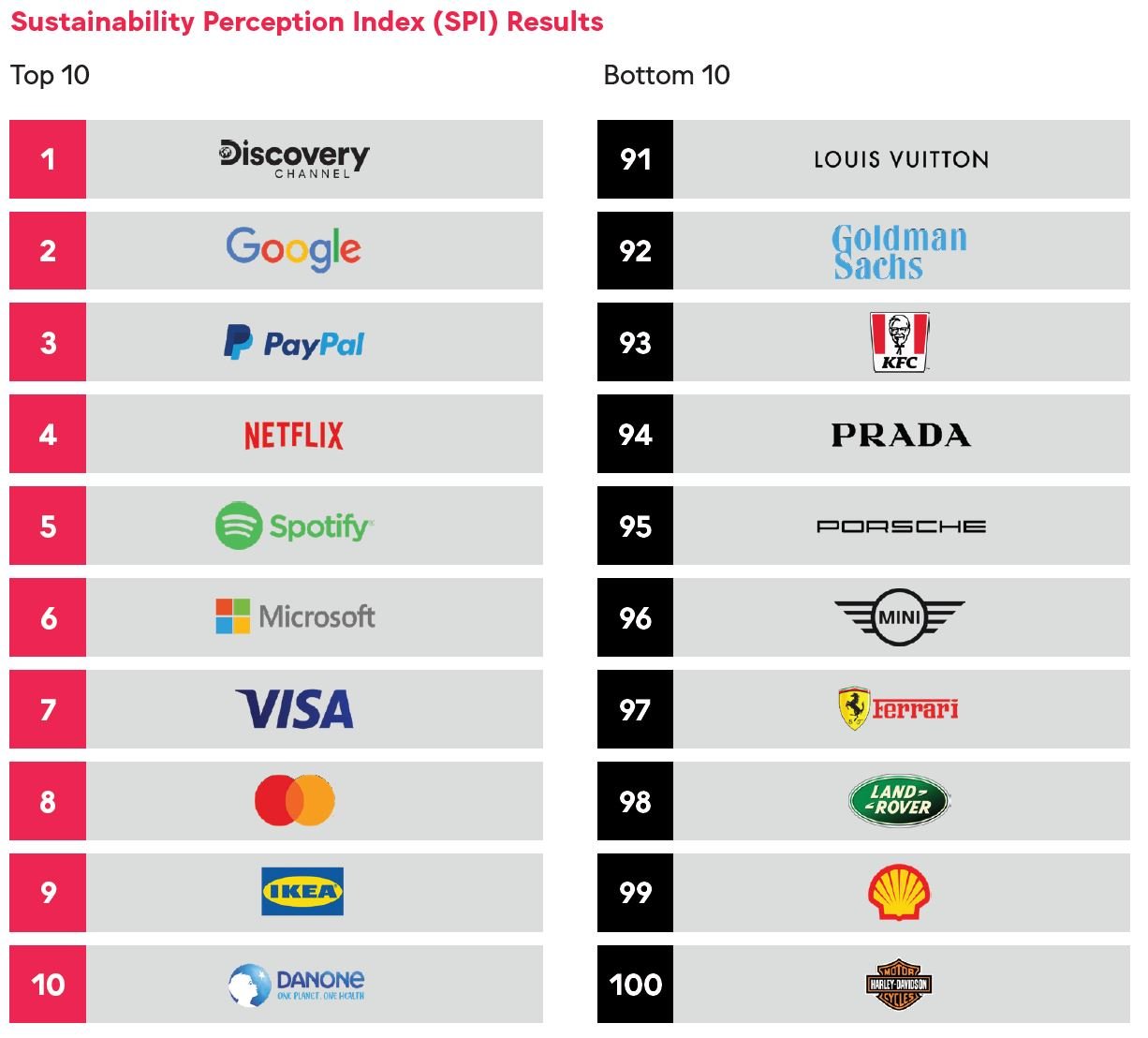Can marketing help drive a more sustainable future for our planet?
Traditionally seen as a ‘consumption driver', is marketing at odds with sustainability or can modern marketing be seen as a catalyst for more sustainable behaviours? WFA's Director of Policy and Communications, Will Gilroy, shares his views.
Share this post
The words marketing and sustainability are uncomfortable bedfellows. Last Friday, Black Friday, was an orgy of consumerism which many would say is completely at odds with the United Nations Sustainable Development Goal (SDG) 12 calling for Responsible Consumption and Production.
In Cannes in 2019, Extinction Rebellion wrote an open letter to the industry warning of a Sixth Mass Extinction: “one of the reasons we’ve got here is because you’ve been selling things to people that they don’t need. You are the manipulators and architects of that consumerist frenzy.”
Research shows us that climate change has gone from the bottom of Millennials’ personal concerns in 2017 to the top in 2020, a ranking shared by Gen Z. This is no longer just an issue of the young and passionate. Millennials are now celebrating their 40th birthdays.
Thankfully, marketers seemed to have cottoned on. In WFA’s 2020 Marketer of the Future report, more than 700 senior marketers confirmed that sustainability is the single biggest issue that marketers need to reconcile in the years ahead.
Ivan Pollard, the General Mills CMO told us in Cannes 2019 that “every single company that uses the resources of the earth has a responsibility to future generations, not just generations, we’re not just thinking grandchildren, but humanity and humankind.”
Sustainability is everyone’s problem
He continued “every company, every community, every family, every person in power, every person who has a voice needs to stand up”.
Of course, marketing can’t fix the problem on its own. Companies need to develop their own organisational sustainability plans that are in line with their area of business.
But given marketing is meant to be the company function that best understands consumer attitudes and behaviours, it is well placed to inform the company strategy. This is particularly true given that 60% of consumers today say they are willing to switch to a brand that is more environmentally friendly and pay more for it, according to Global Web Index.
The marketing function – and indeed the marketing industry – should be building and trumpeting the case for change internally. Marketers should harness this fast-growing global consumer sentiment to lobby for real and lasting change to existing corporate practices.
The communications industry also has a responsibility to help nudge people towards more sustainable practices and behaviours.
Re-use, own less, waste less, think more
Marketing intelligence company, Contagious, has highlighted four areas where brands have harnessed the power of their brand marketing communications to push consumers towards changing their behaviours for the better.
This involves sometimes counter-intuitive but successful efforts by retail and fashion brands to re-use and re-wear clothes, automotive companies who are pushing the message to “own less” and big FMCG brands who are calling on consumers to address the planet’s massive waste problem.
It might seem strange for our industry to ask consumers to think harder about how and what they consume but it’s exactly this kind of fundamental shift which is going to be required if we are going to achieve long-term and lasting change.
Marketing must be part of the solution
These initiatives show that some brands are taking positive steps and that marketing can be part of the solution. More needs to be done though to ensure that sustainability thinking becomes mainstream across all industries and geographies.

Research firm, Latana, claim to lead the world’s largest sustainability perception index. In its latest report, it only ranks five WFA members in its top 10 companies. It’s our belief at the WFA that companies can do more and will reap the benefits from doing so. We want to help our members on their sustainability journeys.
That’s why we are launching a major initiative to explore how marketers are addressing the challenge around the world. The idea is to try and identify good practices so that they can be shared. We are teaming up with Project Everyone, the people behind the UN SDGs, to help marketers along their respective sustainability journeys.
We have developed this short white paper to inspire companies and marketers to take action. Ultimately, we want more brands to get involved so if you are interested please do drop us a line (will@wfanet.org). SDG 17 is all about partnerships; and that’s because real change will only be achieved when everyone pulls together.

